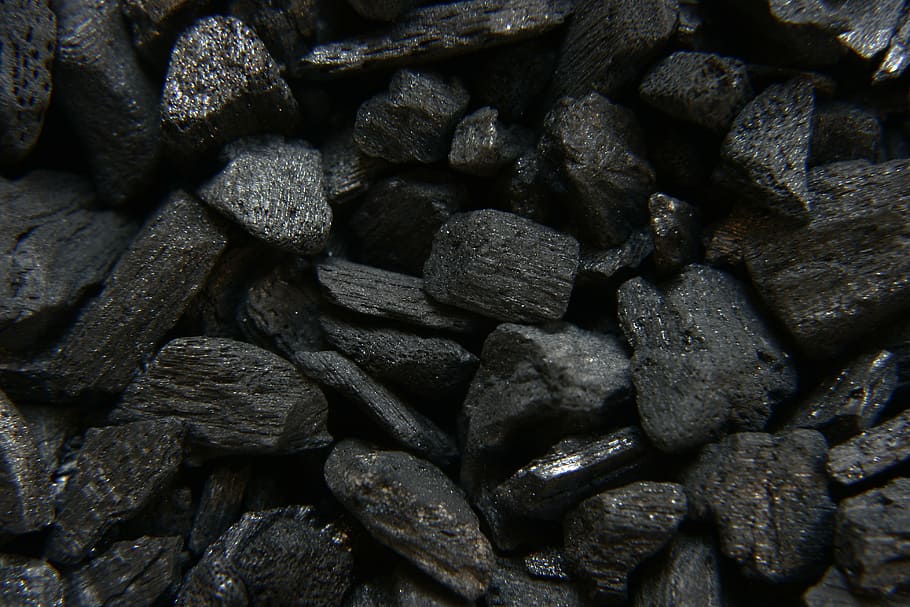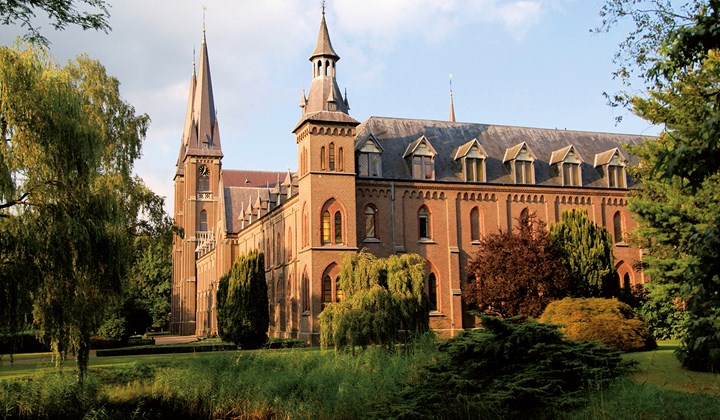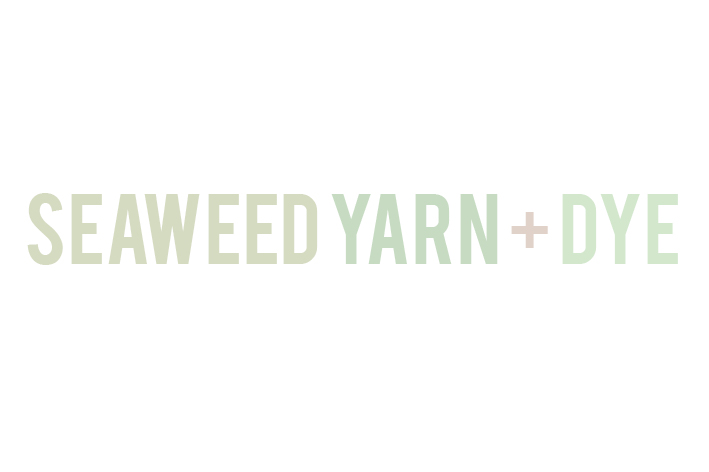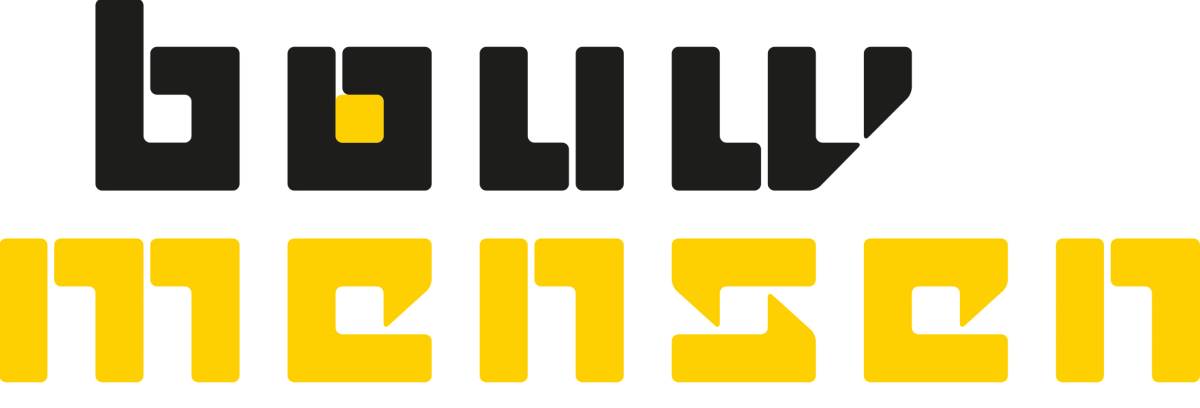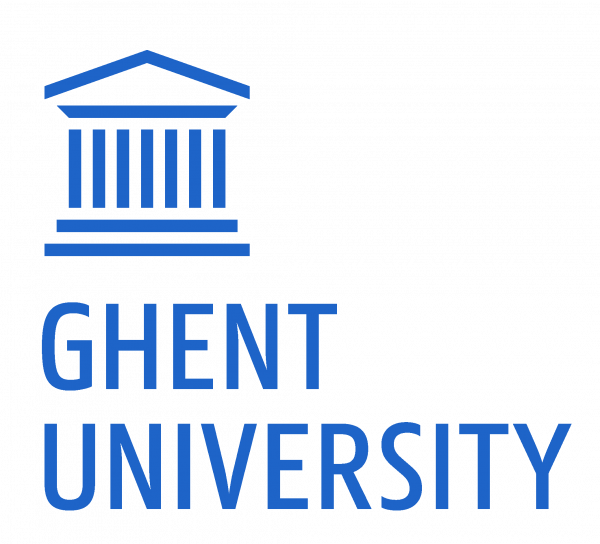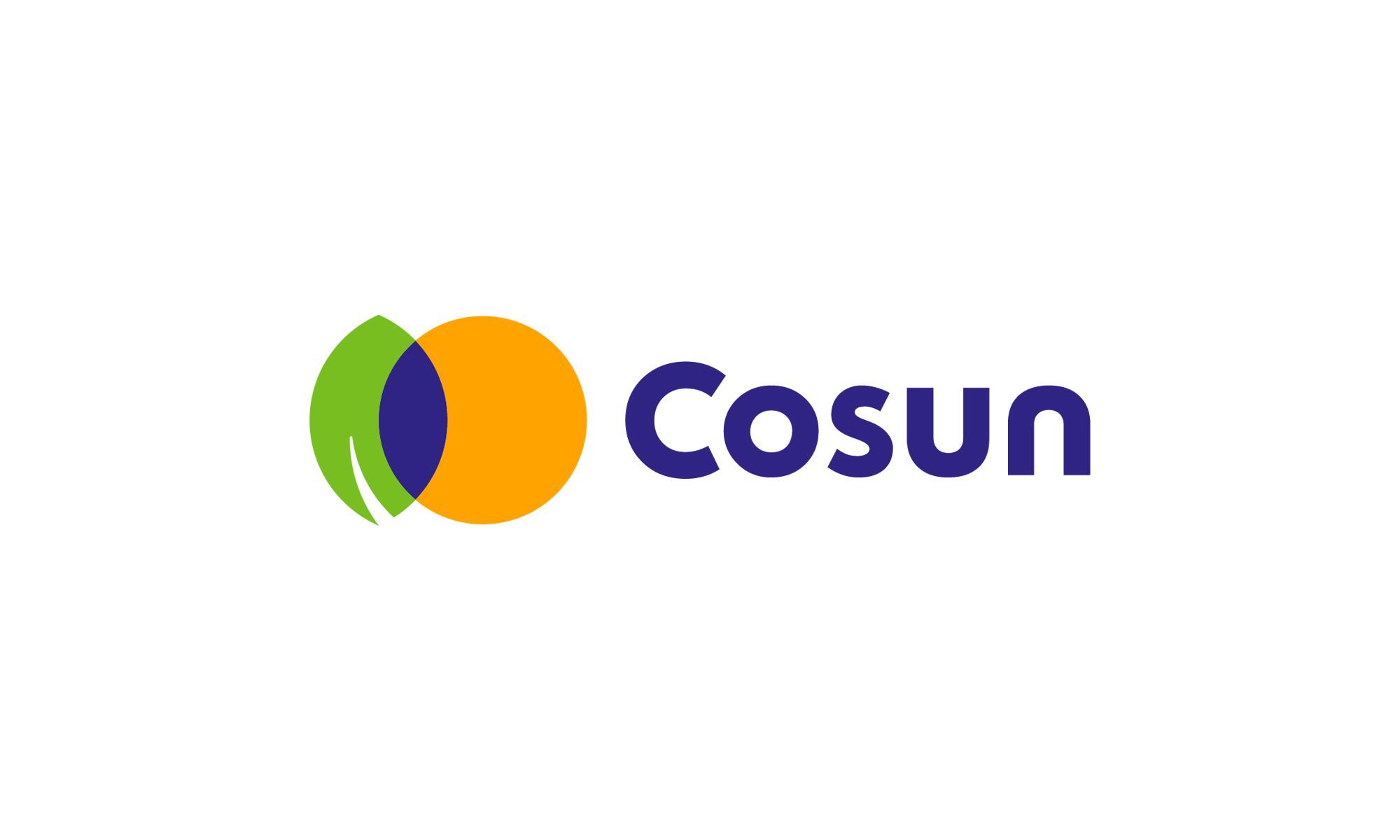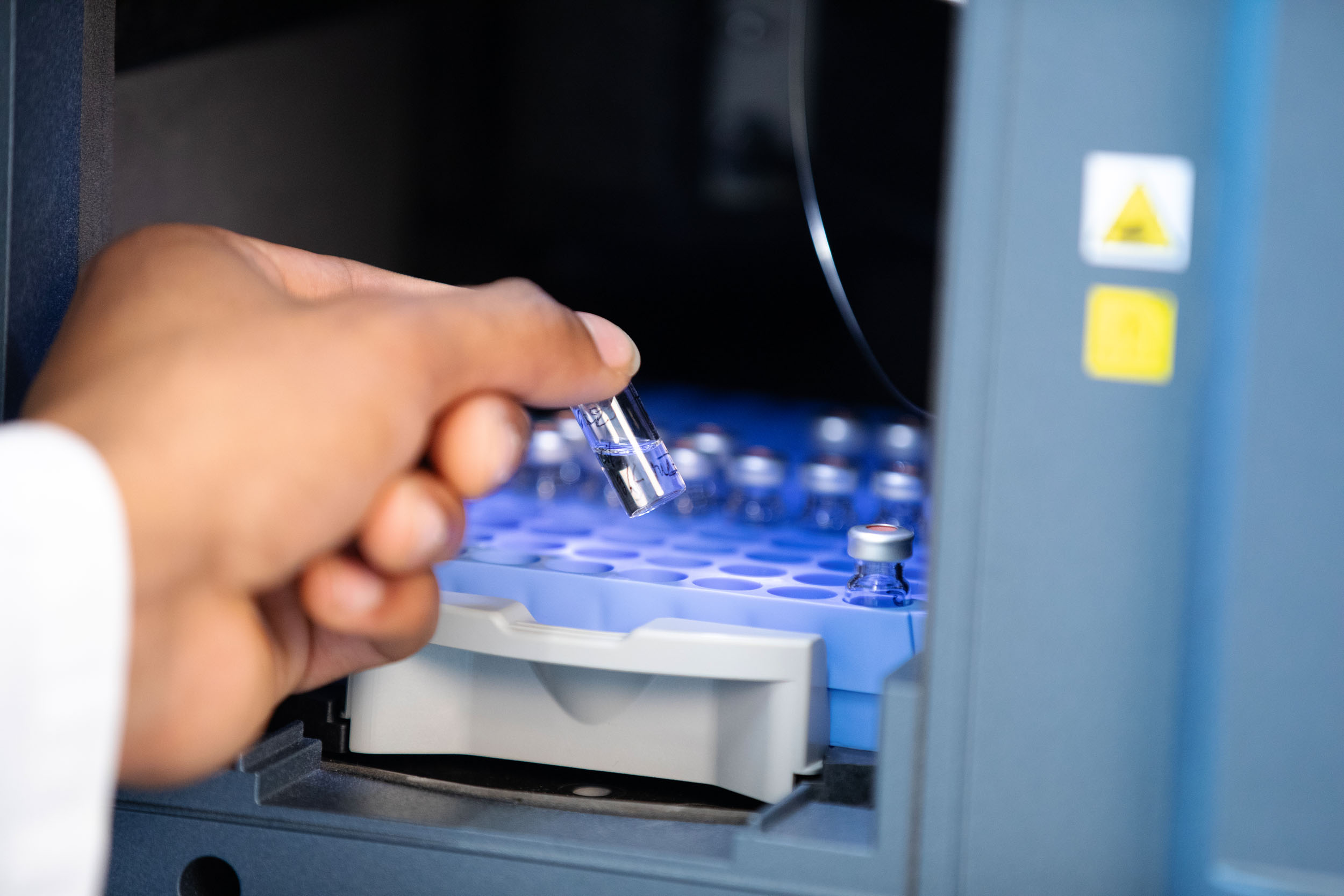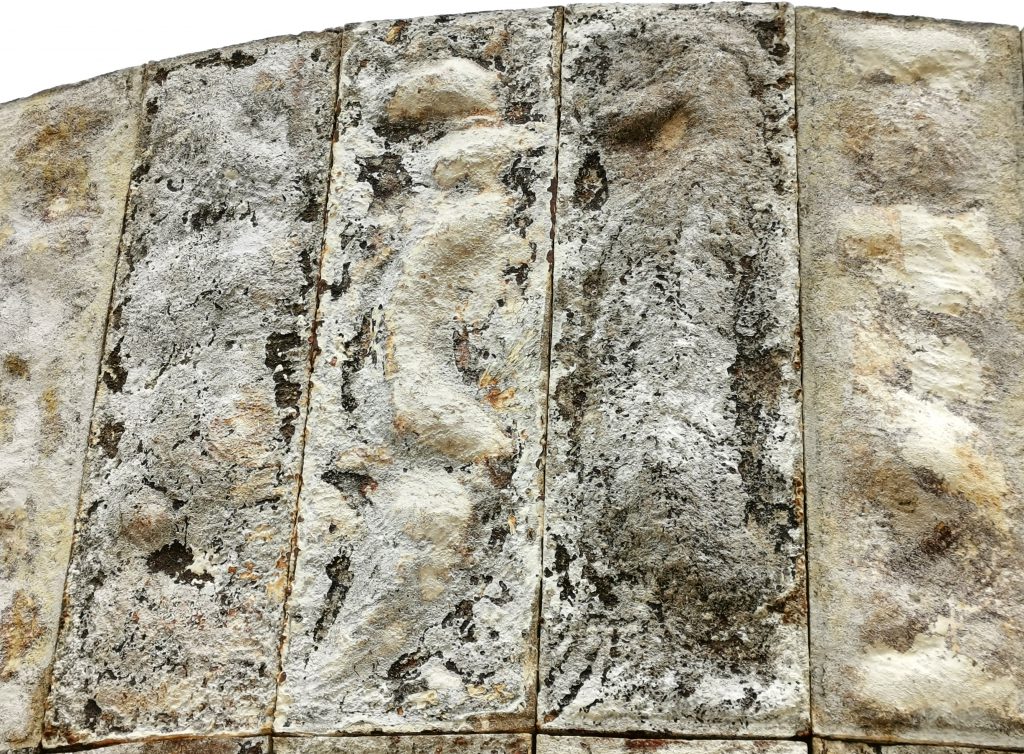According to the IEA’s World Energy Outlook 2015, 3 billion people (more than a third of the 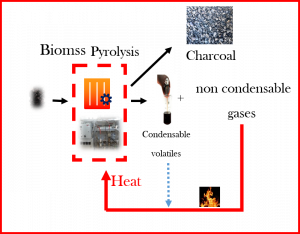 world’s population) use solid biomass such as wood, charcoal or animal waste for cooking and heating. Charcoal is one of the most widely used solid biofuels. In today’s charcoal production processes, the gas stream from pyrolysis usually ends up directly in the environment, wasting energy and seriously polluting the environment.
world’s population) use solid biomass such as wood, charcoal or animal waste for cooking and heating. Charcoal is one of the most widely used solid biofuels. In today’s charcoal production processes, the gas stream from pyrolysis usually ends up directly in the environment, wasting energy and seriously polluting the environment.
In this Sustainable Solid Biofuels project, one of Brazil’s leading universities, the Universidade Federal de Viçosa (UFV), joins forces with Avans University of Applied Sciences and two Dutch SMEs; Privium B.V. and Charcotec B.V. to contribute to a zero-waste and low carbon emission production of charcoal by evaluating the feasibility and energy efficiency of different conversion technologies.
The results show that carbon emissions can be drastically reduced by liquid condensation, instead of burning all of the furnace’s exhaust. In the proposed scenario, the non-condensable gas stream is incinerated and can be used to maintain the energy demand for pyrolysis. In addition, the condensing liquid can add value to the producer by exploiting this by-product into chemicals.
20181001 until 20190930




